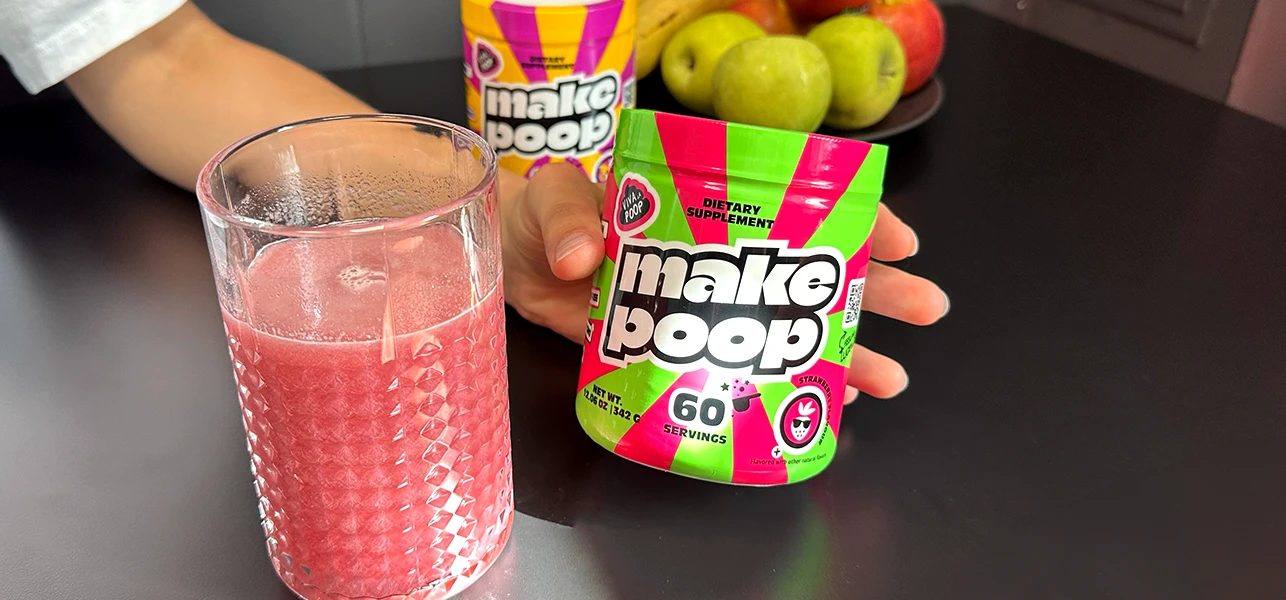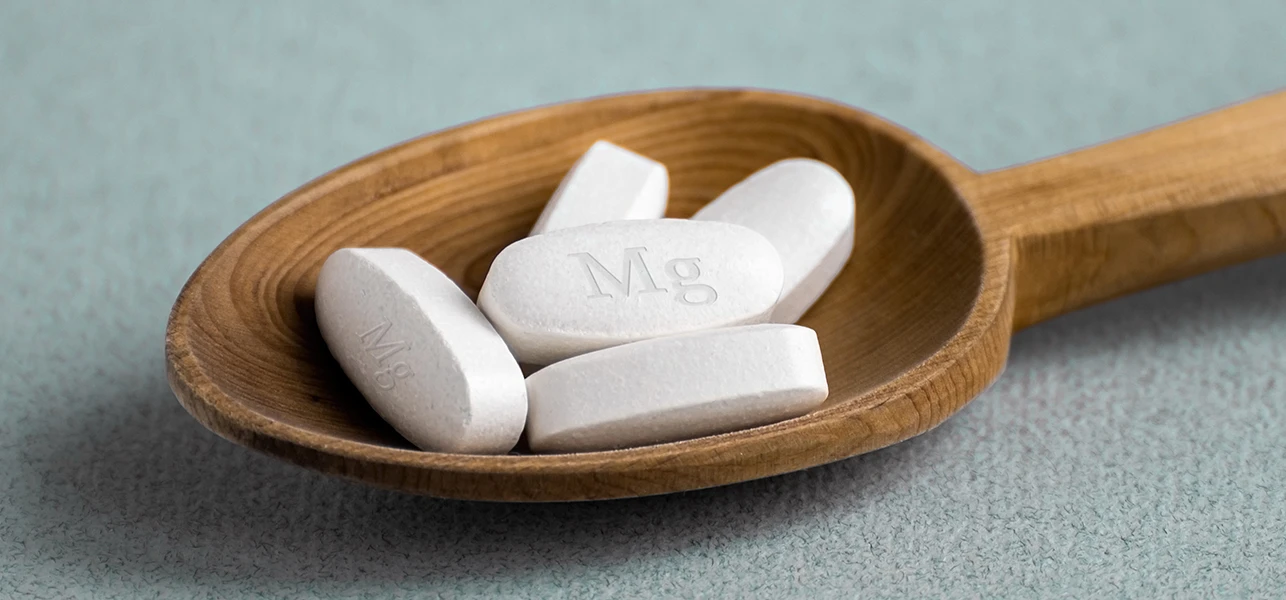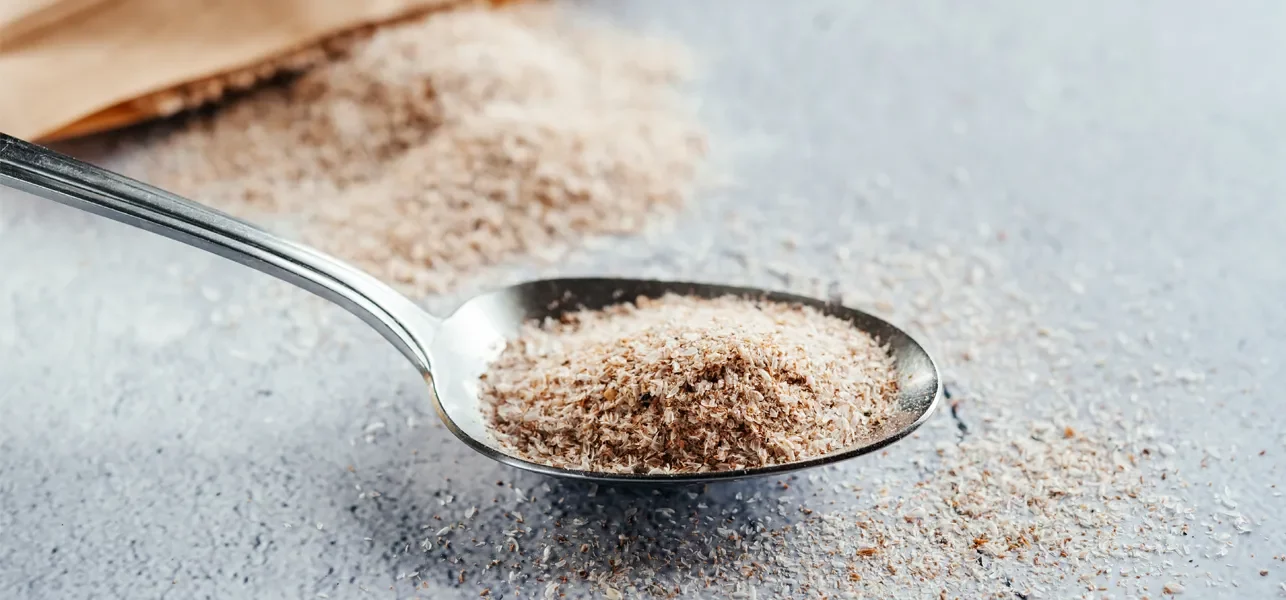When Is Constipation an Emergency? 3 Little Known Symptoms

Many people experience mild constipation from time to time.
It’s usually not a cause for concern, and many home remedies can alleviate symptoms and get your bowel habits back on track.
In some cases, fewer bowel movements frequently may not only cause discomfort but signify a more serious condition.
Chronic constipation alongside other symptoms like blood in your stool or intense abdominal pain may be warning signs of a constipation emergency that requires urgent medical treatment.
If you experience the above symptoms, you should see a doctor immediately to check for an underlying condition.
This article covers chronic constipation, when it constitutes a trip to the emergency room, and what you can do to prevent a constipation crisis.
What Is Severe Constipation?
Chronic constipation is more severe, with irregular bowel movements lasting several weeks.
Constipation is the term given to infrequent bowel movements. It’s generally determined by having less than three bowel movements a week.
With constipation, it becomes difficult to pass stool. You tend to produce hard and lumpy stools that cause pain and excessive straining.
Stomach pain, bloating, and nausea may also accompany constipation.
Severe Constipation Symptoms
More severe cases of constipation can affect your daily life, as the discomfort makes it difficult to carry on as normal.
If you suffer from any of the following symptoms and have done so for the last few months, you likely have chronic constipation:
- Passing no more than three stools per week
- Hard stool
- Lumpy stools
- Difficulty and pain passing stool with excessive straining
- A feeling of fullness in the rectum
- A feeling that you haven’t fully emptied
- Feeling like you need assistance to remove stool, such as pressing on your abdomen
- Bloated stomach
How Long Does Constipation Last?
With chronic constipation, your symptoms may persist for several weeks and, in some cases, even longer.
With mild constipation, your bathroom habits usually return to normal within a few days. There are several remedies you can try to speed things up, which we’ll get into later.
When symptoms don’t subside, it’s best to see a doctor for professional medical advice.
When Is Constipation an Emergency?
For most people, constipation is only a short-term inconvenience. However, it’s essential to be able to identify a medical emergency so you can seek help.
Constipation plus any of the following symptoms call for medical treatment.
#1 Severe abdominal pain
Mild abdominal pain is a common occurrence when struggling to have a successful bowel movement.
But constant and intense abdominal pain can suggest potential health conditions, such as a perforated intestine, bowel obstruction (when the large intestine is blocked), and anal fissures.
You may also experience painful bloating in the stomach.

Advertisement
#2 Blood in your stool
Sometimes, people spot bright red blood on toilet paper in small quantities. This can occur, for instance, when you have a small cut somewhere around the rectum. In most cases, it doesn’t signify anything sinister.
If you notice blood in larger quantities when you eventually have a bowel movement, it may indicate certain medical conditions. You should also see a doctor if you have black or tarry stool.
#3 Vomiting
Vomiting and constipation may be a warning sign of fecal impaction, a dangerous condition when a large amount of hard stool stays stuck in the rectum.
What to Do if Constipated? 5 Actionable Tips
The best treatment to promote healthy bathroom patterns is a good diet and regular exercise.
Mild constipation is a common condition that often results from dietary changes, dehydration, lack of fiber, exercise, and certain medications.
However, an inability to pass stool can be extremely frustrating. Normal bowel movements are generally taken for granted until you experience bathroom issues.
There are ways to alleviate constipation at home before it becomes a severe health risk.
Patients with certain medical conditions like diabetes or digestive system disorders like irritable bowel syndrome may become constipated.
So, to get ahead of constipation before it becomes an emergency, try the following tips.
#1 Eat a balanced diet
A balanced diet rich in nutrients promotes regular bowel movements. Your diet should consist of plenty of whole foods and whole grains with lots of dietary fiber.
The body can’t break down fiber. Instead, it bulks and softens the stool and speeds up digestion.

#2 Increase your water intake
Hydration is key for a happy gut. Water helps loosen hardened stools, so the stool moves more freely through the digestive tract.
Without sufficient water, you become dehydrated, and the intestines can no longer add enough water to your stool.
#3 Exercise more
Increasing your physical activity can help relieve constipation by activating the digestive system, relaxing the muscles of the intestines, and keeping your body functioning at its best.
#4 Try a fiber supplement
If your lifestyle changes don’t entirely combat constipation, a fiber supplement is a great way to get things moving again.
ColonBroom is a natural and organic dietary supplement that promotes a healthy gut by cleansing the colon to relieve constipation.
This supplement helps reduce bloating and even has a positive effect on your energy levels. We all know how important it is to have regular bowel movements, and ColonBroom has helped thousands of people to stay regular.
After taking ColonBroom, most people have a bowel movement within 24 to 72 hours. Use this supplement for at least one month to reach the best results.

A safe and effective way to relieve constipation and cleanse your body.
- Contains the goodness of natural ingredients
- Includes psyllium husk as a star ingredient
- Aids combat constipation
- Boosts energy and cleanses the gut
- Comes in a sweet strawberry flavor
- Easy to consume and can be used twice a day
A Word From our RD
When you’re constipated, it is rarely an immediate health risk.
However, there are specific scenarios when constipation is a significant problem. It may result from a serious condition, such as a perforated intestine, intestinal obstruction, and appendicitis.
Chronic constipation may cause hemorrhoids, fecal impaction, and rectal prolapse if left untreated.
To identify whether your constipation is a medical emergency, check for warning signs, including severe abdominal pain, vomiting, excessive bloating, and blood in your stool.
Contact your doctor or emergency services immediately if you experience constipation with any of the above symptoms.
Emergency Constipation: The Bottom Line
Generally, you don’t need to worry too much if you’re constipated. It isn’t serious, and you can facilitate a healthy bowel movement with some simple lifestyle changes.
Unfortunately, there are occasions when constipation is serious. Look out for accompanying symptoms and acquire medical assistance to diagnose and treat.







Comments (0)